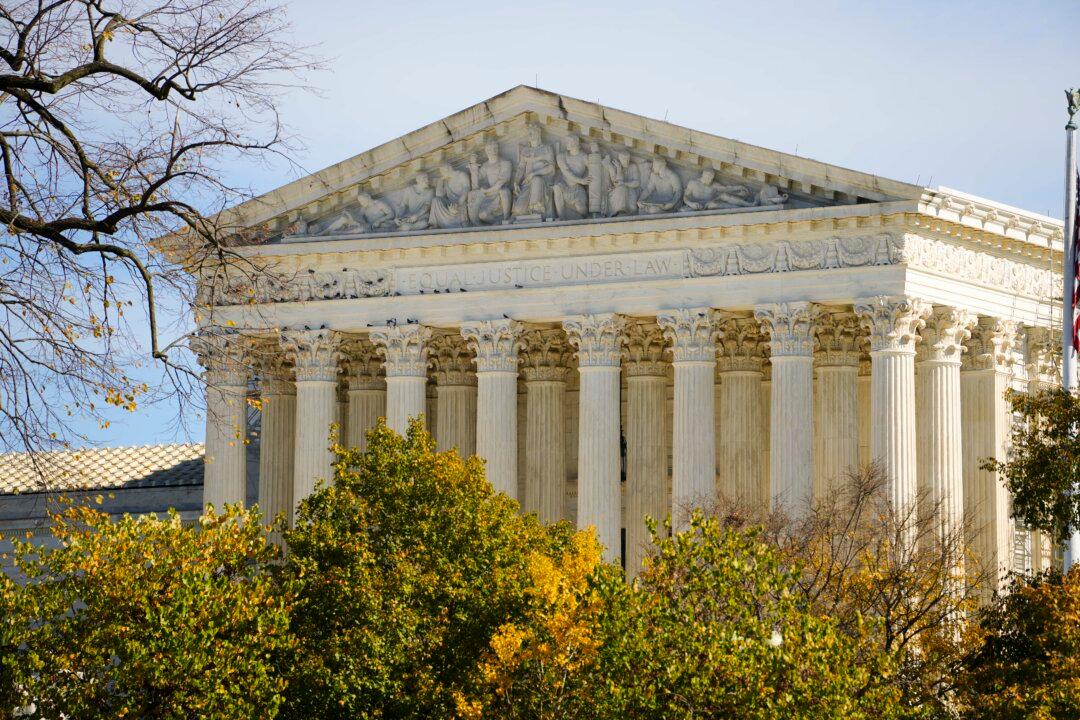The Supreme Court refused to halt this month’s trial in Louisiana against BP America and other oil companies for upward of $7 billion in compensation for coastal erosion that local authorities allege has been exacerbated by the corporations’ actions.
Several parishes in the Pelican State are suing oil companies over coastal damage. They claim, among other things, that the companies dug channels through wetlands during their energy production efforts, which they argue have accelerated coastal land loss. The companies deny any wrongdoing.





